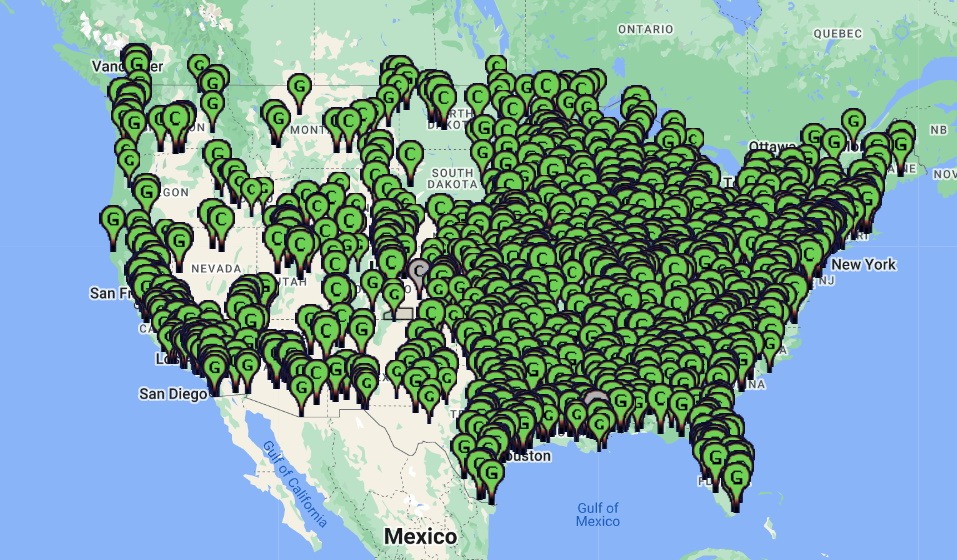– by Richard Ball, August 31, 2014, The Washington Post
The Post’s Aug. 28 editorial “An answer to global warming” made good points about a carbon tax. However, a serious problem that was not mentioned is how to deal with adverse impacts from biomass energy sources, such as burning wood in power plants. Most proposed carbon control schemes do not control emissions from biomass energy, erroneously assuming they are carbon neutral.
If we tax carbon dioxide emissions from fossil fuels and ignore the emissions and side effects from production of biomass energy, we will hasten the demise of most forests and worsen the availability and cost of food, perhaps increasing carbon dioxide emissions as well.
To avoid those problems, any carbon control scheme needs to close the “biomass loophole.” For example, we could tax emissions from burning biomass like any other source of carbon dioxide emissions, at least by default, and put the burden of proving otherwise on large biomass producers or users through an appropriate system of certification of emission reductions and sustainability of production methods.
Richard Ball of Annandale, Viriginia is Energy Issues Chair at Virginia Chapter Sierra Club and was lead author for Working Group II (Impacts and Adaptation) Intergovernmental Panel on Climate Change from 1989-1995.

